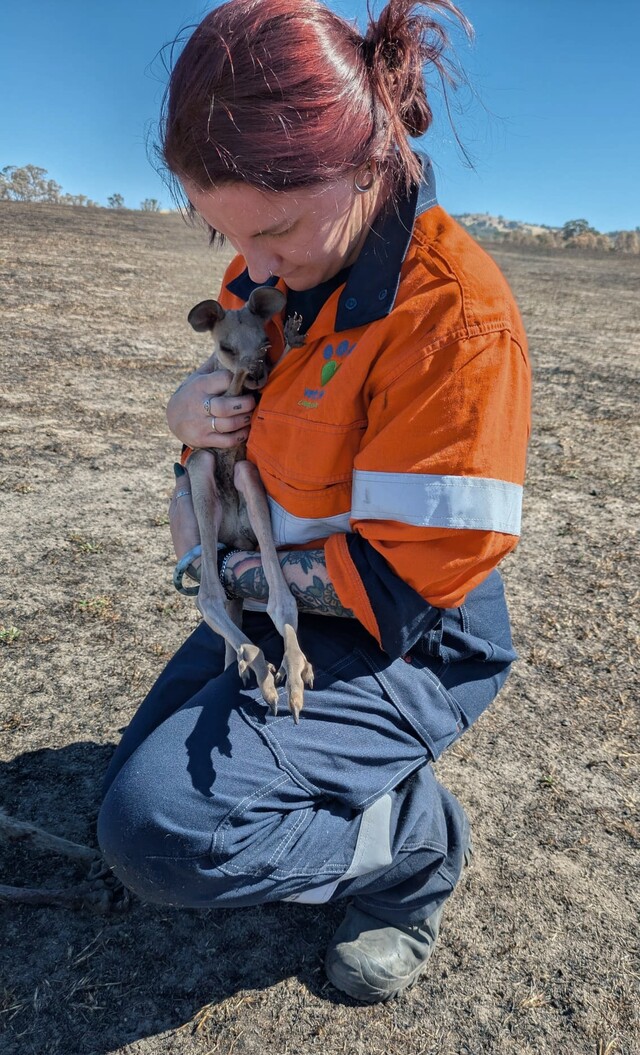Swearing used to be relegated to the uncouth: it was class and gender based, confined supposedly to the less refined, the less educated and to a certain kind of woman.
It was something you may have heard in some male work places.
But not in corporate corridors or in mixed social settings.
And certainly not publicly from a world leader.
We now live in a more informal society where the more rigid social rules are less observed.
Today many of the words that were taboo in the past are more tolerated, indeed accepted and heard daily not just in everyday speech but they also appear in books we read and shows we
watch.
A confusing or difficult event is often described in the media as a ‘shit show.’
Swearing is often linked to anger, frustration, shock, grief, or intense pain.
And lets’ be honest, most of us are not averse to a swear word here or there, when frustration reaches boiling point or perhaps even when you drop something heavy on your toe.
A “fxxx” here,
a “bloody” there,
makes more sense
than beige despair.
But context still remains and most know when certain language is appropriate or not.
So when swearing comes unexpectedly from a world leader, it still captures the headlines.
Last Tuesday morning, President Trump who has promised to end the Israeli Iran hostilities, showcased his anger and frustration when the ceasefire he had put in place only the day before failed to hold.
“We have two countries that have been fighting so long and so hard that they don’t know what the fxxx they’re doing,” Trump told reporters before heading off to Netherlands for the NATO meeting.
President Trump was undoubtedly showing his frustration and anger at this set back to his plans and its potential impact on his wish to be considered for the Nobel Prize for Peace.
What was interesting was the attention that his use of the F bomb received across all media throughout the day, as if there was no other newsworthy issues to discuss.
The whole psychology of swearing and its social/cultural and emotional meaning is fascinating.
It appears that there are certain settings and occasions when we expect people in high positions to behave in a certain way.
And mostly they do.
So this lapse in behaviour we don’t normally associate with heads of state was newsworthy.
According to psychologists swearing triggers the fight-or-flight response, releasing endorphins and increasing pain tolerance.
Unlike polite speech, swearing bypasses filters and goes straight to deep emotional centres of the brain like the amygdala.
That’s why people with brain injuries or Tourette’s syndrome may lose normal speech but retain swearing.
The word fxxx is powerful because of its shock value, its long history of being taboo, and its emotional intensity.
When someone uses it, especially in a heated moment, it often communicates strong feelings like anger, passion, frustration, or pain.
So yes — yelling “fxxx!” when you stub your toe actually helps.
“A Fxxxing Ode”
I stubbed my toe on a morning like sin,
And out it flew—”fxxx”—sharp as a pin.
No sonnet, no prayer, no sacred refrain,
Just syllables strung from visceral pain.
I’ve cursed at the kettle, the bills, and the boss,
Each F-word a banner, a psalm for the lost.
It’s not that I’m crude—it’s just how I cope:
Swearing’s a rope when I’m out of hope
The word remains deeply ingrained in the English language, even if it’s still considered vulgar in certain contexts.
An anecdote whether apocryphal or real described a dinner by President Clinton for the Prime Minister of the Netherlands where Clinton asked the Prime Minister what he did for relaxation To which the reply was: ‘I fokken the horses’. Taken aback Clinton responded with, ‘You do what?’ and received the same answer, ‘I fokken the horses’.
Thankfully the PM’s offsider stepped in with the reassuring explanation: ‘What the Prime Minister means Mr President is that he breeds horses.’
The origins of the word are murky with multiple potential sources but in short, the word fxxx dates back to 16th century, likely does have some relationship to the Dutch fokken, and traces back to common Germanic roots.
Poets across eras have used swearing for emphasis, rebellion, realism, and raw emotion and Phillip Larkin used it to great effect in his poem about parenting.
They fxxx you up, your mum and dad.
They may not mean to, but they do.
They fill you with the faults they had
And add some extra, just for you.
Philip Larkin: This Be The Verse
In this poem the word is treated seriously, not as a joke.
The poem is often used in discussions of generational trauma and parenting.
Swearing can also be a form of emotional honesty when other language fails.
It can build social bonds.
But context still matters.
Swearing can be inclusive or alienating depending on tone, intent, and relationship.
As society becomes more informal, especially with younger generations, there’s less of a stigma attached to swearing: movies, media, music and social media have played significant roles in making swearing more mainstream and less associated with one’s social position.
In some industries, especially tech or creative fields, there’s been a shift toward more relaxed workplace norms, where swearing can sometimes be seen as part of a team’s culture.
But of course, this isn’t the case everywhere—corporate settings still often have strict codes of conduct.
Language changes constantly.
Ask your grandchild to put on a jumper and the response will likely be: What’s a jumper? Similarly many words considered taboo in the past are part of everyday speech.
The word bloody is one example.
Today, bloody is considered a mild expletive, commonly used for emphasis or to express frustration, surprise, or anger.
In medieval and early modern England, blood was considered sacred because of its association with Christian beliefs, particularly the blood of Christ and therefore the word was regarded as a profanity.
Not so in the following poem:
The Austra——laise [poem by C. J. Dennis]
Fellers of Australier,
Blokes an’ coves an’ coots,
Shift yer —— carcases,
Move yer —— boots.
Gird yer —— loins up,
Get yer —— gun,
Set the —— enermy
An’ watch the —— run.
So many words that were once shocking have become mild, obsolete, or even quaint while new taboo words rise up in their place.
Used correctly swearing fosters trust and connection in close groups.
Used in the wrong way, it can offend or exclude.
But though the acceptability of swear words has definitely shifted in recent years it is still very context-dependent.
While swearing might be more accepted in casual settings or among friends, it’s still seen as unprofessional or inappropriate in formal settings.
As writer James Rozoff pointed out, Vulgarity is like a fine wine: it should only be uncorked on a special occasion, and then only shared with the right group of people.
So perhaps President Trump could have exercised some restraint in public and kept his feelings known to his inner circle. And perhaps the media could have given this unguarded moment less oxygen.
















